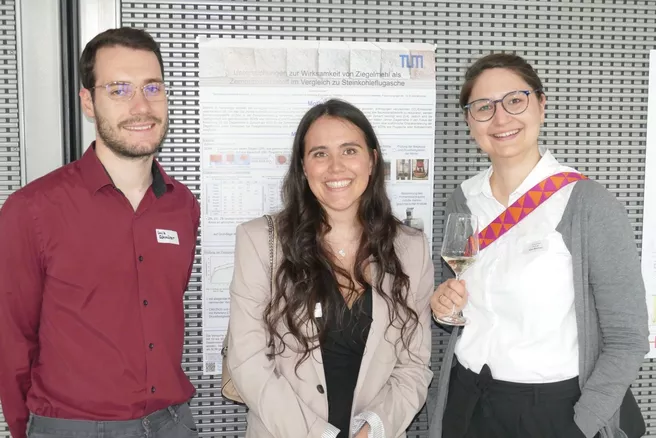Today, cement is the most important building material worldwide. However, cement production is responsible for approximately eight percent of the global anthropogenic CO2 emissions. In order to achieve the goal of carbon neutrality for the cement industry by 2050, supplementary cementitious materials (SCMs) are being used in cement production to reduce the clinker factor, thus reducing the amount of cement required. However, the availability of common SCMs such as blast-furnace slag and fly ash will decrease significantly in the future. Therefore, SCMs that will be sufficiently available in the future and can be produced in a more environmentally friendly manner are of interest. For this reason, research in recent years has focused on brick powders (BPs). BPs occur as a major component of construction waste in the form of bricks, as well as unused bricks from brick production or construction sites that cannot be used for their intended purpose due to poor manufacturing quality or mishandling. The availability of brick material is extensive and may become important for the future of cement. Whether BPs would be fundamentally suitable as SCMs and how the degree of contamination affects their reactivity was investigated by Juliana Grosser in this study. She performed R3 tests to estimate the reactivity of the materials, determined the compressive strength of mortars containing BP, and examined the heat flow and heat release using isothermal heat flow calorimetry.
Juliana Grosser works as a student assistant for Prof. Alisa Machner at the Professorship for Mineral Construction Materials, Department of Materials Engineering of TUM School of Engineering and Design (ED).
